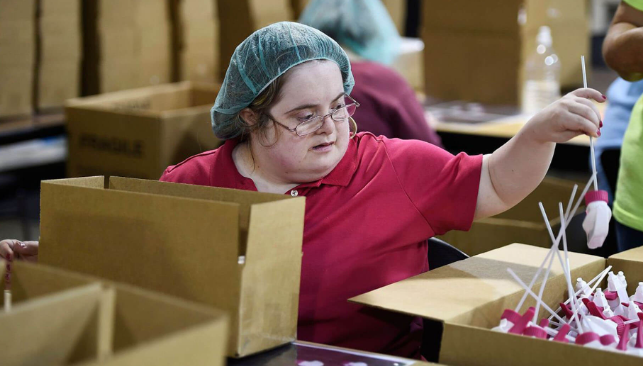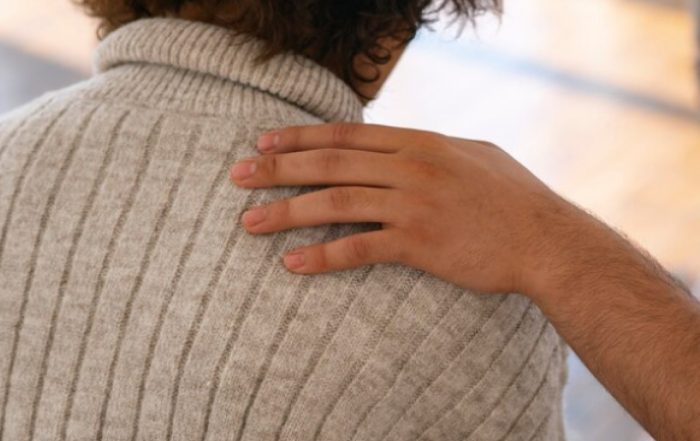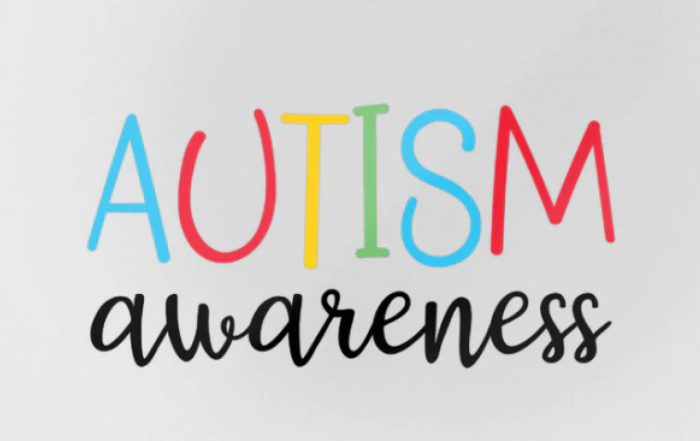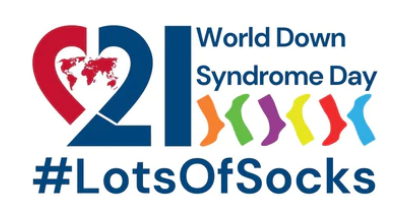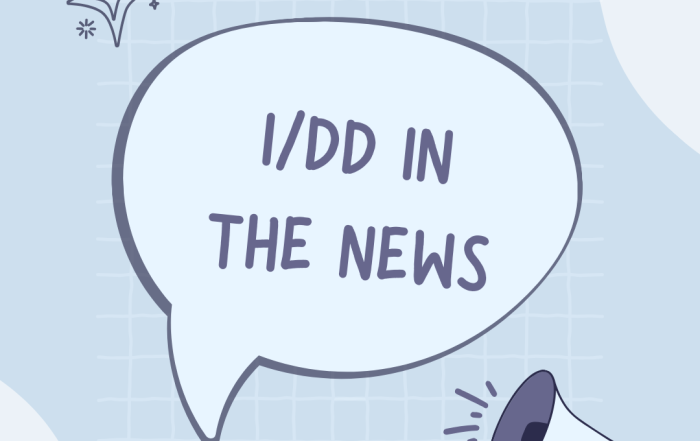Coping with the Uncertainties of COVID-19
Breaking News (Not Breaking News) COVID is hard.
This has been a very challenging time for us. Some of us are stuck at home with very little social contact and we are lonely. Some of us are essential workers and must go out into the world even if we feel anxious or uneasy about that. Some of us are aching for the hug of a friend while others of us have our children at home 24/7 and just want to be left alone. You may find that you are more tired than usual. You may feel irritable or find that you are jumpy or feeling a general anxiousness. You may find that you have trouble concentrating and feel like your head is in a fog. Whatever you are feeling, know that it is normal to feel all out of sorts under these COVID-19 circumstances. It is important to recognize and acknowledge that. It is also important to recognize and acknowledge that we are grieving. Some of us are grieving lost family members, friends, or jobs. We may also be grieving events that we have missed like graduations, birthdays, trips, or weddings. We may miss everyday things like school, sports, attending church and seeing friends. We may simply miss our normal daily routine.
The reason it is important to acknowledge these feelings and experiences is that we feel less alone when we see that others are being affected too. How we each experience the changes can differ but the fact is we are all experiencing something. When we acknowledge this it reminds us to be kind to ourselves and each other. Also, when we acknowledge how the pandemic is affecting us, we can remember to do things that help. Below you will find a list of things that can help. So, acknowledge that this is hard, be kind to yourself, and reach out for support when you need it. We are all in this together!
Self-care is really important during times of uncertainty. The more we can maintain a sense of normalcy and connectedness the more resilient we will be during this time.
- Exercise –Get your body moving.
- Take a walk in your neighborhood. You can maintain social distance easily while waving or chatting with neighbors as you walk by.
- Attend an online exercise class or use an old video you find on your bookshelf.
- Get kids outside for a walk or bike ride or make an obstacle course for young children in the house using painters tape on the floor to weave from room to room.
- Maintain hobbies.
-
-
- Pull out old hobbies that you have enjoyed in the past. Connect with other Hobbyists online through Facebook groups and posts on social media.
-
- Find a new hobby.
-
-
- You can learn almost anything on Youtube or Pinterest with videos and instructions.
- Art museums, art teachers and individual artists are hosting daily or weekly free classes online and you can take virtual tours of galleries throughout the world.
-
- Maintain your social connection.
-
-
- Churches who have never before had an online presence are holding services on Facebook and Youtube. Fitness Centers are holding online fitness classes and schools are hosting online storytime hours through Zoom and Youtube.
-
- Maintain your relationships with family and friends.
-
-
- There are many ways we can stay in touch. We can call, text, email and connect on social media. Children can mail pictures or artwork to loved ones by mail.
- This helps us to not feel alone and to get the support we all need during times of uncertainty.
- Social distance does not have to mean social isolation.
- Be part of the “Hearts in the Window” movement and place heart shapes in your windows so neighbors and passersby can see them and feel encouraged.
- Stay informed.
- Knowledge is power and we can decrease our anxiety by getting factual information and a practical understanding of what is happening and how to respond.
- Get your information from credible sources.
- Misinformation can cause confusion and increase our anxiety.
-
- Limit your exposure to COVID-19 information.
-
-
- You can stay informed without spending hours exposing yourself to COVID-19 information. Too much information can have the opposite effect and we can end up feeling more uneasy.
-
- Reach out for help.
-
- If you are having trouble with anxiety, depression or substance use during this time, reach out for help. There are hotlines, podcasts and telehealth services. Most therapists and mental health professionals are offering telehealth (video conferencing) during this crisis to replace traditional face to face sessions. Mental Health organizations are providing resources, helplines and information to help us cope.
- Talk over your concerns with family or friends.
- Mr. Roger’s used to say “if something is mentionable it’s manageable”. Talking about something that is scary or worrisome does not make it worse but, in fact, can open the door for us to find solutions and the support we need.
Some links and phone numbers that might be helpful:
COVID-19 resources
https://www.cdc.gov/coronavirus/2019-ncov/index.html
Centers for Disease Control
866-462-3821
General COVID non-emergency questions – NC Poison Control COVID-19 Hotline
The Department of Health and Human Services for NC
http://www.floridahealth.gov/diseases-and-conditions/COVID-19/covid19-toolkit.html
State of Florida
1-866-779-6121 or COVID-19@flhealth.gov (email )
State of Florida COVID -19 Call Center available 24/7
https://www.nc211.org/coronavirus-covid-19
2-1-1 or 888-892-1162
Available 24 hours a day/7 days a week to help you get assistance with finding food, paying housing bills, accessing free childcare and other essential services. Run by the United Way.
Family Stay at Home Resources
American Red Cross Site for COVID 19
NCDepartment of Public Instruction- COVID-19 Response and Resources
Connection to NC Remote learning resources and information.
https://childmind.org/article/talking-to-kids-about-the-coronavirus/
Talking to your kids about COVID-19 -Child Mind Institute
https://afirm.fpg.unc.edu/supporting-individuals-autism-through-uncertain-times
UNC School of Education free COVID-19 toolkit for supporting individuals with autism during uncertain times.
https://virtualschoolactivities.com/
Virtual tour activities for all ages.
Mental Health and Coping Resources
https://www.samhsa.gov/find-help/disaster-distress-helpline, 1-800-985-5990 or text TalkWithUs to 66746 to talk to a trained crisis counselor. 24/7, 365-day-a-year, national hotline dedicated to providing immediate crisis counseling for people who are experiencing emotional distress related to any natural or human-caused disaster.
The World Health Organization information – Mental Health considerations.
https://www.samhsa.gov/sites/default/files/tips-social-distancing-quarantine-isolation-031620.pd
Tips for coping with social distancing from SAMHSA (Substance Abuse, Mental Health Services Administration)
https://mhanational.org/covid19
Mental Health America

